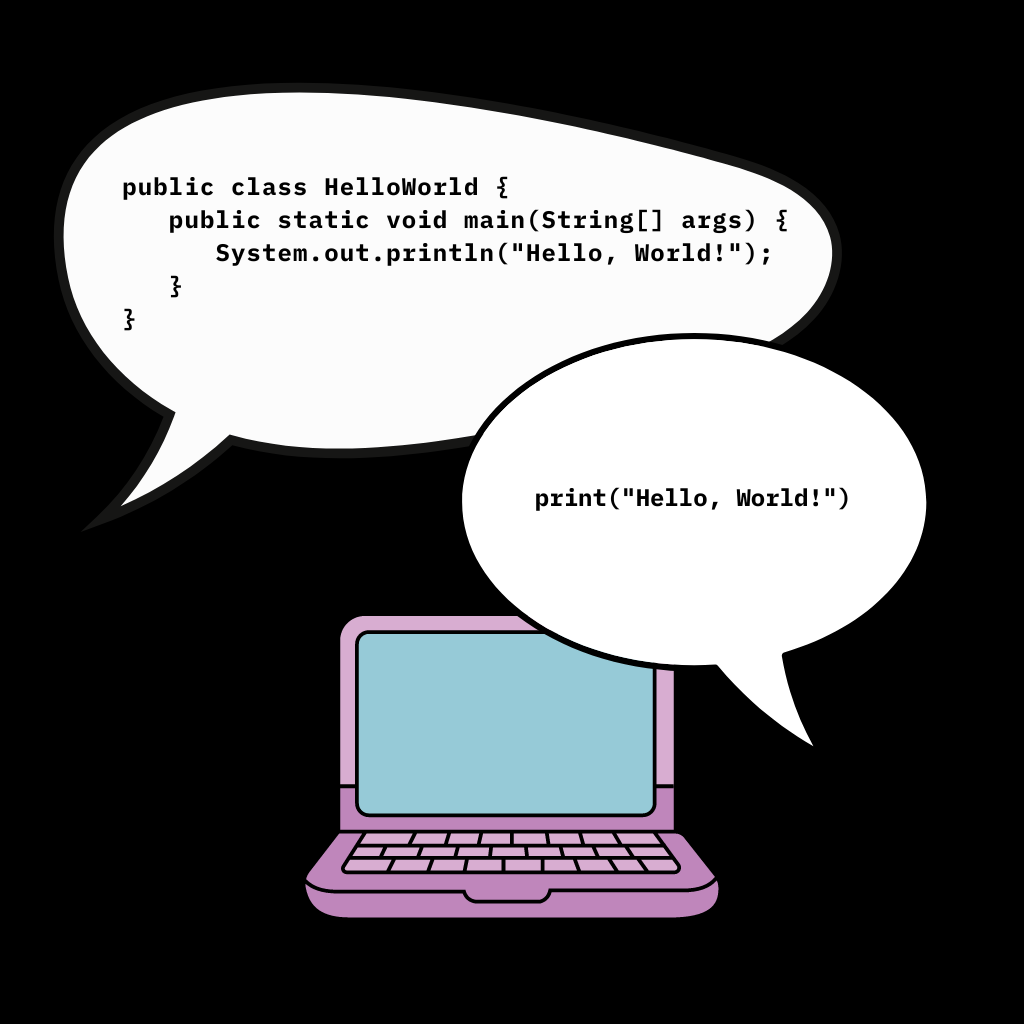In today’s competitive job market, technical expertise alone may not guarantee success. Employers are now seeking candidates with robust soft skills, including communication, time management, and critical thinking. This article delves into the significance of soft skills in technical education and how online learning platforms can assist students in honing these crucial abilities. By integrating soft skills into their curriculum, online technical education programs can equip students more effectively for success in their careers.
Key Takeaways:
- Soft skills are essential for career success in the technical field, and can be developed through online technical education.
- Online learning offers numerous benefits for developing soft skills, such as improving collaboration, discipline, and problem-solving skills.
- By incorporating strategies for integrating soft skills into the curriculum, online technical education can effectively prepare students for future job opportunities.
Defining Soft Skills and Technical Education
Soft skills are attributes that improve an individual’s interactions with others. These skills include communication, adaptability, leadership, critical thinking, creativity, time-management, conflict resolution, and many more. They are important for all aspects of life, and practicing these skills can be beneficial no matter what your career goals are.
Why Soft Skills are Important in Technical Education
 Soft skills are imperative for effectively managing the complexities of the contemporary workplace, improving professional achievement, and cultivating efficient communication and collaboration.
Soft skills are imperative for effectively managing the complexities of the contemporary workplace, improving professional achievement, and cultivating efficient communication and collaboration.
The Role of Soft Skills in Career Success
A successful workplace relies on members who are effective communicators, leaders, problem-solvers, and conflict-resolvers. Employees who can adapt to different situations and challenges are highly valued for their problem-solving abilities and critical thinking skills. As workplaces continue to shift towards virtual settings, mastering virtual professionalism has become increasingly important. This includes excelling in digital communication, maintaining a strong online presence, and collaborating effectively with others in a remote environment.
How Online Technical Education Can Help Develop Soft Skills
Soft skills can be practiced even within an online technical education environment. You can practice these skills using interactive virtual classrooms, immersive experiences, and personalized learning paths that are tailored to improve adaptability, empathy, and critical thinking abilities.
Benefits of Online Learning for Soft Skills Development
Online learning can present unique opportunities for developing soft skills. By participating in online learning, you are provided with personalized learning paths that cater to your specific needs and learning styles. This enables you to improve your communication, collaboration, and critical thinking skills. Immersive learning environments create a dynamic space where you can apply theoretical knowledge to practical scenarios, thereby fostering creativity and adaptability. Interactive activities, such as group discussions and virtual simulations, offer a hands-on approach to honing problem-solving and decision-making abilities within a supportive online community.
Examples of Soft Skills Developed Through Online Technical Education
Soft skills are fostered through real-life scenarios, practical contexts, and interactive activities designed to simulate success in the workplace. By being mindful about including these in your curriculum, you can help students achieve these skills.
Communication and Collaboration
By engaging in interactive activities, you can build strong connections with your team members and practice emotional intelligence through compromise. In a simulated online learning environment, group members can experiment with different roles within the team to see how they work best together. Articulating ideas clearly is a necessary skill for team members who want to make a meaningful impact with their contributions. Effective communication minimizes misunderstandings and demonstrates confidence and competence. Collaboration amongst a diverse set of individuals is essential as it leads to the combination of unique ideas and eventually new solutions. Embracing differences as a strength rather than an obstacle not only enhances workflow efficiency, but it also creates a more enjoyable workplace experience. Online learning has the ability to bring together people with diverse backgrounds, introducing you to people you would never have the chance to meet in in-person classrooms.
Time Management and Self-Discipline
 Time management and self-discipline are essential soft skills that contribute to professional success. These skills enable you to prioritize tasks, meet deadlines, and demonstrate responsible behavior. When you effectively manage your time and practice self-discipline, you become better equipped to handle the demands of your personal and professional life. Online learning in itself presents the opportunity to practice time management and discipline. In order to learn successfully outside the classroom, remote students must minimize distractions, set aside a time and space dedicated to learning, and even use study techniques to stay focused. It can be hard at first to make the switch from in-person to online learning, but once you get the hang of it, these good habits will demonstrate a strong work ethic and a commitment to success.
Time management and self-discipline are essential soft skills that contribute to professional success. These skills enable you to prioritize tasks, meet deadlines, and demonstrate responsible behavior. When you effectively manage your time and practice self-discipline, you become better equipped to handle the demands of your personal and professional life. Online learning in itself presents the opportunity to practice time management and discipline. In order to learn successfully outside the classroom, remote students must minimize distractions, set aside a time and space dedicated to learning, and even use study techniques to stay focused. It can be hard at first to make the switch from in-person to online learning, but once you get the hang of it, these good habits will demonstrate a strong work ethic and a commitment to success.
Critical Thinking and Problem Solving
To navigate workplace challenges, it is crucial to develop critical thinking and problem-solving skills. These skills are essential for fostering innovative solutions, making effective decisions, and resolving conflicts efficiently. Online classes can incorporate case studies, simulations, projects, discussions, brainstorming sessions, quizzes, puzzles, and research, all of which would help students practice their critical thinking skills. Individuals who exhibit strong critical thinking abilities often rise to leadership positions. Employers highly value candidates who can objectively assess situations, analyze complex problems, and offer practical solutions.
Tips for Incorporating Soft Skills in Online Technical Education
Teaching soft skills through online technical education can be done by using strategies that bolster learner engagement, motivation, and interactive learning experiences. This can be achieved through the integration of gamification elements, social learning features, and quality assurance processes to ensure effective knowledge retention.
Strategies for Integrating Soft Skills into Curriculum
To effectively incorporate soft skills into the curriculum, you need to engage in strategic planning that includes interactive activities, personalized learning paths, and real-life scenarios. Here are some ways you can teach soft skills in an online environment:
- Project-based learning. Assignments that go beyond surface level concepts and force students to have a more holistic approach tend to present more opportunities to practice soft skills.
- Gamification. Including game-like elements, like leaderboards, points, and challenges is a unique opportunity provided by online formats, and can keep students engaged in the material while encouraging collaboration.
- Social learning. Incorporating forums, class discussions, group projects, and virtual whiteboards all are examples of exercises that can foster communication and collaboration skills.
- Simulations. Recreating real-world situations is a great way to learn new skills. Because we rarely navigate the world without using soft skills, working in a practical context is a great way to incorporate new skills.
- Interdisciplinary projects. Combining STEM projects with subjects like psychology, art, literature, and history encourage students to practice soft skills required for these subjects while in a technical context.
- Reflection and feedback. Giving students the opportunity to evaluate their own performance can emphasize how important soft skills are to their success. They might find patterns in how they manage their time, work with others, and use their critical thinking, providing good information on which of these can be improved.
By leveraging technological advancements, educators can create personalized learning experiences that cater to the unique needs of each learner. Customization options available within digital learning platforms not only enhances student engagement but also helps to bridge the digital divide by providing access to high-quality educational content for all learners.
Frequently Asked Questions

How can online technical education help in developing soft skills?
By incorporating interactive and social learning methods such as group discussions, case studies, and role-playing activities, online technical education can help students develop soft skills including communication, teamwork, and critical thinking skills.
Can online technical education teach time management and organization skills?
Yes, online courses often have set deadlines and schedules that require students to manage their time effectively. Additionally, online learning platforms often have features such as calendars and to-do lists that can serve as useful tools to help students stay organized and manage their time. A student might need to be even more organized and disciplined while attending a virtual class compared to an in-person one, because they are away from the typical learning environment and the watchful eye of a teacher. If students can adapt to this new environment, these good habits they create will serve them later in their careers.
Are there any specific soft skills that are particularly important in the tech industry?
Creativity, communication, and problem-solving skills are incredibly important in the tech industry. The tech industry revolves around creating solutions for problems, so the ability to think outside of the box is incredibly important. Constant debugging and iterating are major parts of the industry. Very few projects can succeed through one person’s effort, so it is also necessary to work within a team. Being able to communicate effectively and be a team player are important skills to practice.
How do online technical courses address the development of soft skills in a virtual setting?
Online courses may use social learning, gamification, simulations, project based learning, interdisciplinary exercises and reflection within the curriculum to give students an opportunity to practice soft skills.
Can soft skills be assessed and graded in an online technical education setting?
Yes, while it may be more difficult to measure soft skills than technical knowledge, online courses can use peer evaluations, self-assessments, and instructor feedback to evaluate and improve students’ soft skills.
How do employers view the soft skills developed through online technical education?
Soft skills are highly valued by employers, and the specific method of learning (online or in-person) is not as important as the demonstrated mastery of these skills. As long as students can effectively communicate and work well in a team, the source of their skill development is not a significant factor for employers.

